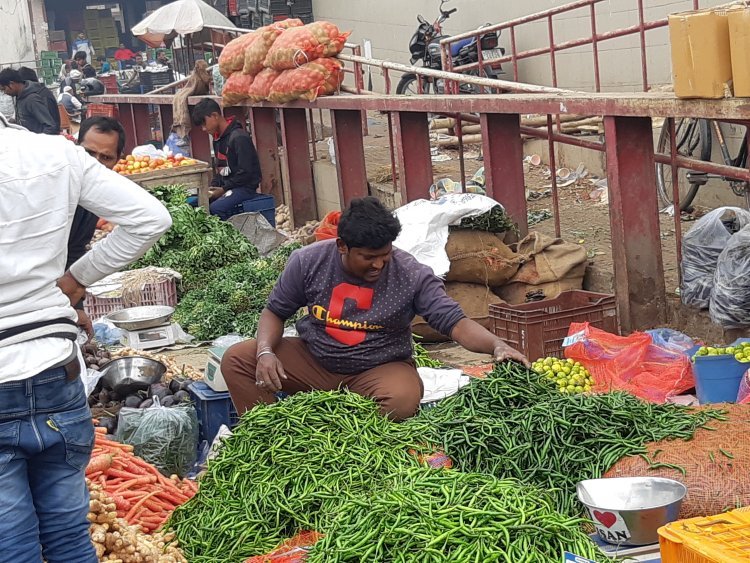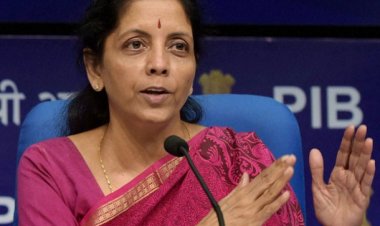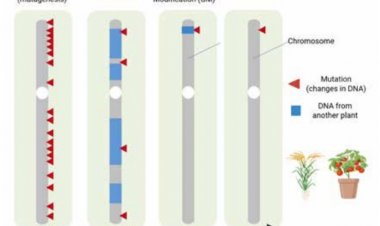Retail inflation in March fell to a 15-month low of 5.66 per cent and came back to the Reserve Bank's comfort level of 6 per cent, as prices of vegetables and protein-rich items eased, showed government data released on Wednesday.
The retail inflation based on Consumer Price Index (CPI) was 6.44 per cent in February 2023 and 6.95 per cent in the year-ago period. The previous low was also 5.66 in December 2021. The Reserve Bank has been mandated by the government to ensure inflation remains within the 4-6 per cent bracket. The CPI was above 6 per cent in January and February.
According to the National Statistical Office (NSO), the year-on-year inflation declined in the vegetable basket by 8.51 per cent, oil and fats by 7.86 per cent and meat and fish by 1.42 per cent in March. However, the rate of price rise in spices was high at 18.2 per cent in March, followed by 'cereals and products' by 15.27 per cent. Fruits too were expensive.
The overall inflation in the food basket was 4.79 per cent in March against 5.95 per cent in February and 7.68 per cent in the year-ago period. The food basket has a weightage of 54.18 per cent in the overall CPI.
The Reserve Bank, which mainly factors in CPI while arriving at its bi-monthly monetary policy, had paused its rate hike spree in April as global banking woes added uncertainty to the economic outlook.
The RBI has also lowered its inflation forecast to 5.2 per cent for 2023-24 from 5.3 per cent, with Governor Shaktikanta Das saying "war against inflation has to continue".
NSO collects price data from selected 1,114 urban markets and 1,181 villages across the country. During March 2023, it collected prices from 100 per cent of villages and 98.5 per cent of urban markets




 Join the RuralVoice whatsapp group
Join the RuralVoice whatsapp group







































